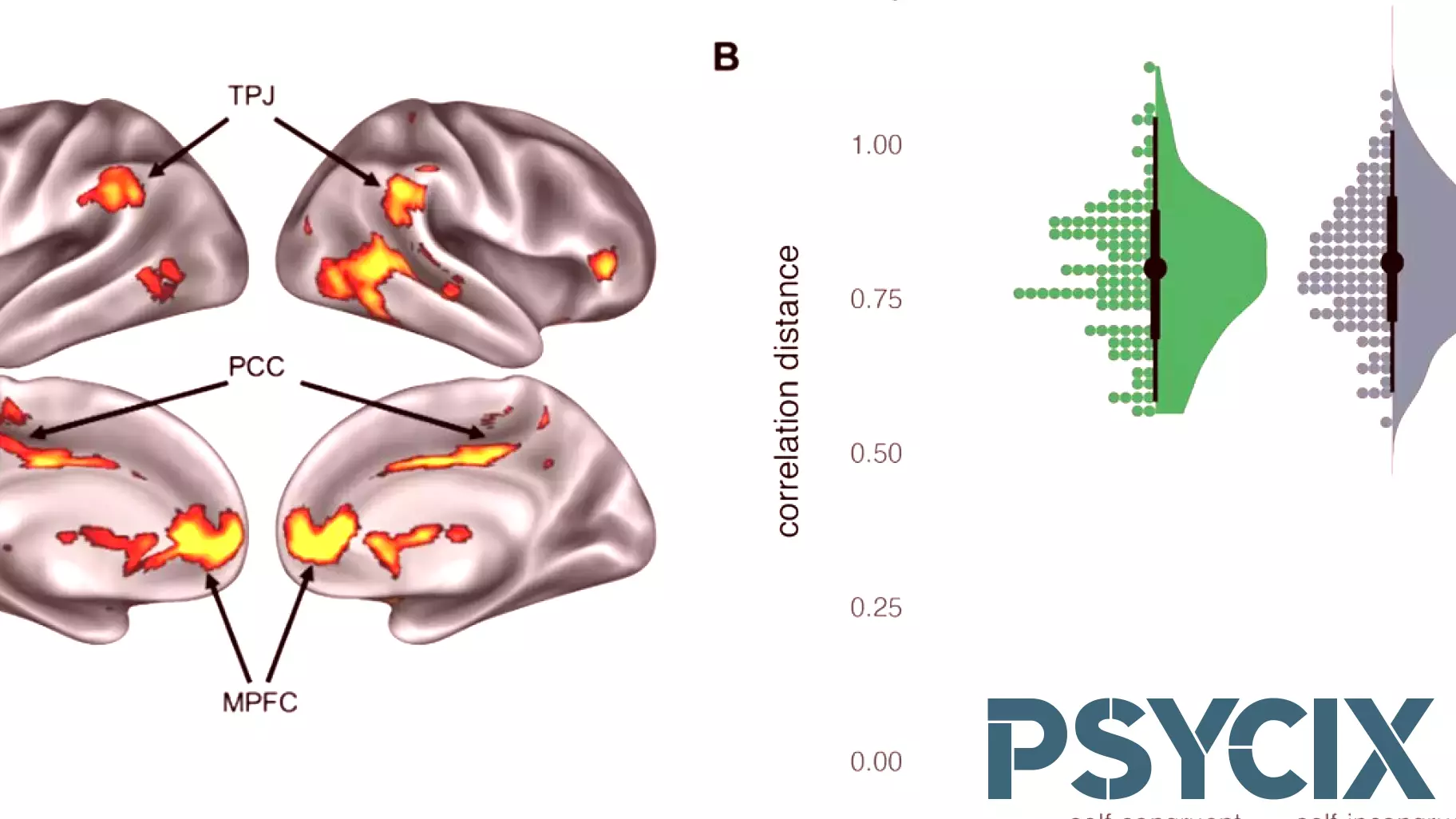December 13, 2024 - 08:36

Different people have distinct and subjective perceptions of their personal worth, broadly referred to as "self-esteem." For decades, neuroscientists and psychologists have sought to pinpoint the neural mechanisms underlying self-esteem and its effects on how individuals perceive themselves and others. Recent research has uncovered fascinating insights into how self-esteem influences self-related representations in the brains of others.
Using advanced MRI technology, scientists have observed a phenomenon termed "self-recapitulation," where individuals' self-esteem levels can alter the way their brain processes information about themselves and those around them. This groundbreaking study suggests that high self-esteem may lead to more positive self-representations, while lower self-esteem could result in negative or distorted views.
These findings not only enhance our understanding of the intricate relationship between self-esteem and brain function but also open avenues for further exploration into mental health interventions. By addressing self-esteem issues, there may be potential for improving overall psychological well-being and interpersonal relationships.



